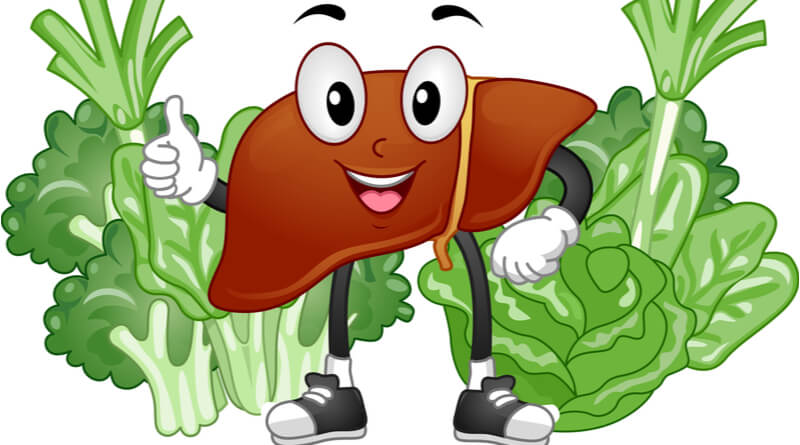What is a Fatty Liver?
Hepatic steatosis, more commonly known as fatty liver is a condition that happens when fat builds up in the liver. It is pretty normal to have small amounts of fat in the liver, but when it reaches a certain level it becomes a problem. Too much fat inside the liver can cause the organ to become inflamed which can damage it and result in scarring. If the scarring becomes too drastic it can lead to liver failure.
Also Read: How to Detox Your Liver?
Fatty Liver Symptoms
Most cases of fatty liver don’t have noticeable symptoms. The most noticeable symptoms are normally discomfort or pain in the upper right side of the abdomen – basically pain in the liver. The majority of symptoms associated with fatty liver are caused by the liver scarring which is also known as liver fibrosis or cirrhosis:
- Loss of appetite
- Weakness
- Weight loss
- Itchy skin
- Fatigue
- Itchy skin
- Abdominal pain
- Swelling of your legs
Treating a Fatty Liver
One of the best and least invasive ways of treating a fatty liver is by adjusting your diet. The general makeup of an anti-fatty liver disease diet is to eat:
- lots of fruits and veggies
- high fiber plants
- legumes
- whole grains
- minimal amounts of added sugar and salt
- no alcohol
- minimal amounts of carbs, trans fats, and saturated fat
Also Read: How Diet Can Help Improve the Condition of Fatty Liver in Kids
Basically, you want to invest in a low-fat and low-calorie diet, the kind of diet that can help you lose weight.
Foods to Include in Your Fatty Liver Diet
1. Coffee
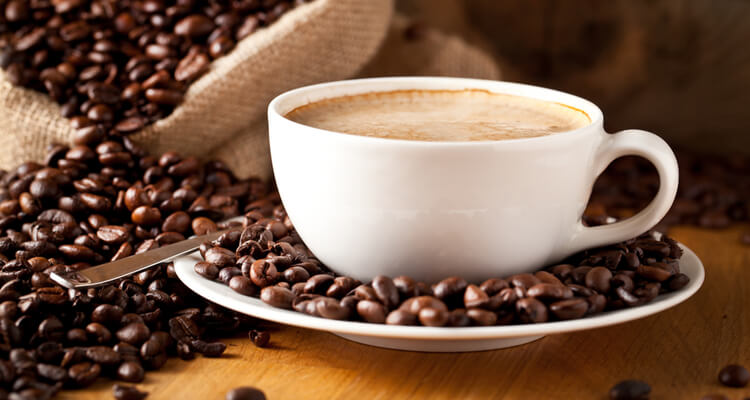
Researchers have discovered that coffee drinkers with fatty livers tend to have less liver damage and scarring than those that drink lots of caffeinated beverages. Consuming caffeine lowers the amount of abnormal liver enzymes that cause fatty liver disease.
Also Read: How can Coffee prevent Liver Damage
2. Tofu
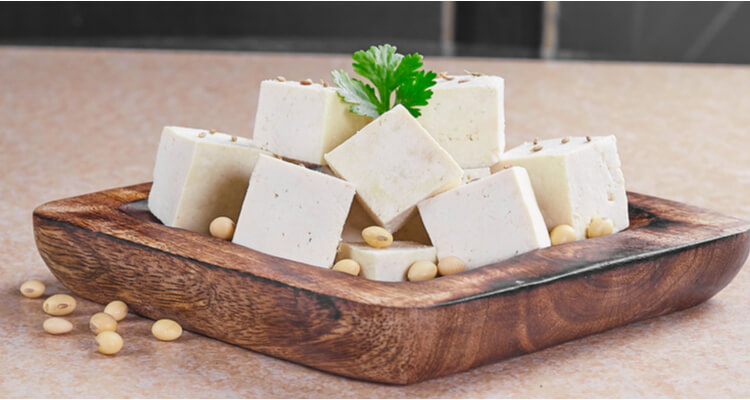
Researchers have found evidence to support that soy protein which is contained in the majority of soy products, can reduce the amount of fat buildup in the liver.
3. Green Veggies
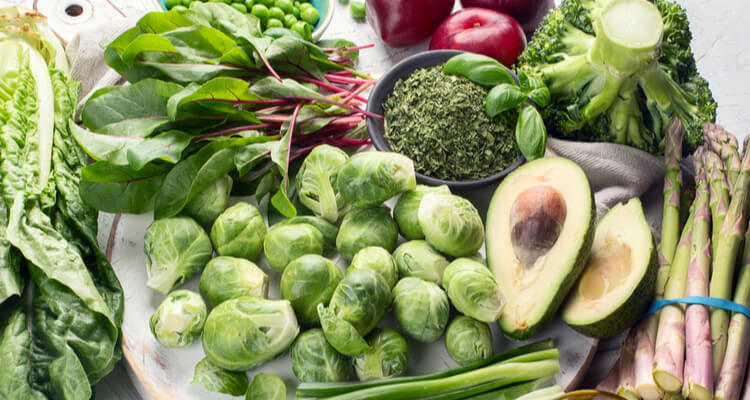
You can’t go wrong including green vegetables in your diet; they’re nutrient dense and low calorie all at the same time. Dark, leafy green veggies like spinach and kale can help you lose weight in both your stomach and your liver.
4. Oatmeal
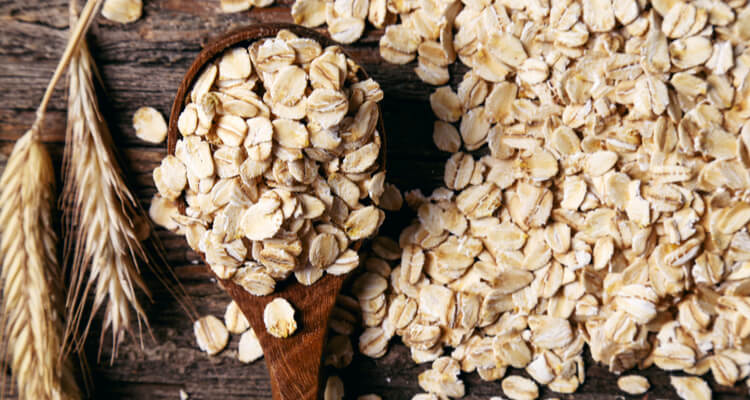
You want to include whole carbs like oatmeal in your diet as much as possible. Carbohydrates are necessary for providing your body with energy and vital nutrients. Avoid eating processed carbohydrates that have had the majority of their nutrients removed; it is just empty calories at that point.
5. Avocadoes
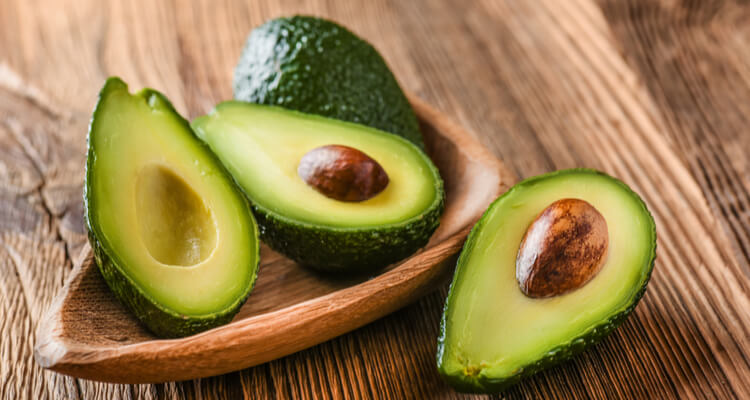
Avocado is one of the more interesting fruits out there. It is high in healthy fats and omega-3 fatty acids. New research suggests that the avocado specifically might have the ability to slow down the rate of liver damage. They are also rich in dietary fiber which helps with weight control.
6. Sunflower Seeds
Sunflower seeds may be little, but they absolutely should not be underestimated. They are extremely nutrient dense. Sunflower seeds are especially a great source of vitamin E which helps to protect the liver from damage.
7. Olive Oil
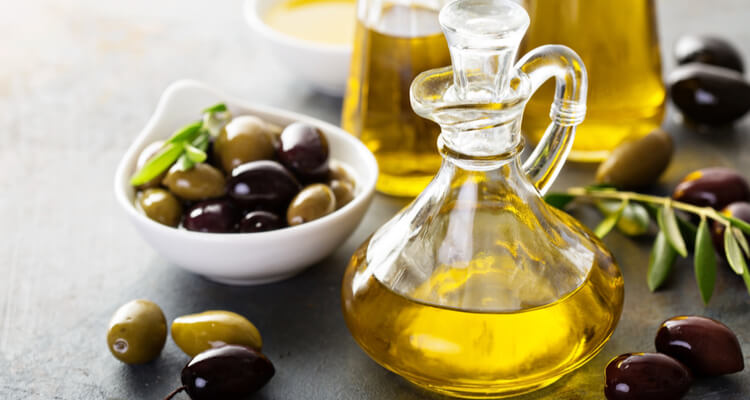
Olive oil is one of the best sources of healthy fats available. It is a better cooking option than vegetable oil. It has a lot of omega-3 fatty acids as well. Olive oil is also great for losing weight because it has healthier fats than other options, such as butter, margarine, or vegetable oil.
Also read: Olive Oil – The Secret to the Mediterranean Diet
8. Green Tea

Green tea is far more than a simple drink to enjoy during tea time. It is an amazing source of antioxidants which help to keep you healthy. Recent research has also shown that green tea can help to reduce the storage of fat in the liver while improving liver functionality.
The first step to treating a fatty liver is to lose weight and reduce the overall fat content of your body. The first step to achieving this is to stick to a healthy diet that helps you lose weight. For the most part, this should be a low fat, low calorie diet. If you have trouble figuring out how to design this diet for yourself, you should try picking up the Mediterranean or Japanese diet.
It is also important to be physically active. A good diet should always be accompanied by a proper exercise regimen. Make sure to check with your doctor before settling on an exercise and diet plan to ensure that you are not doing harm to yourself.


